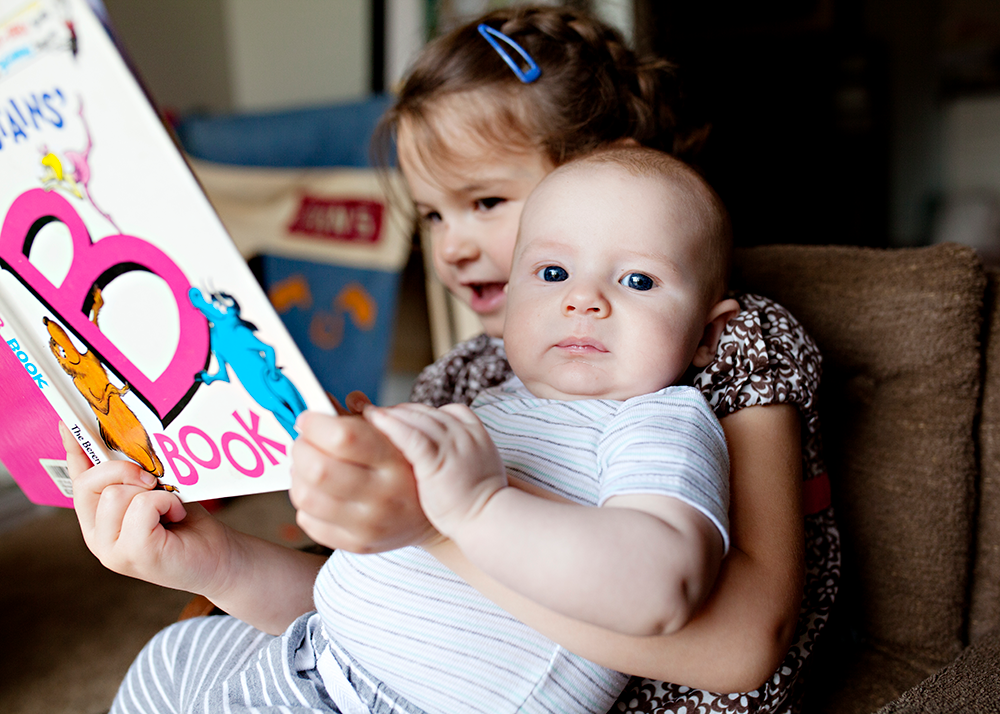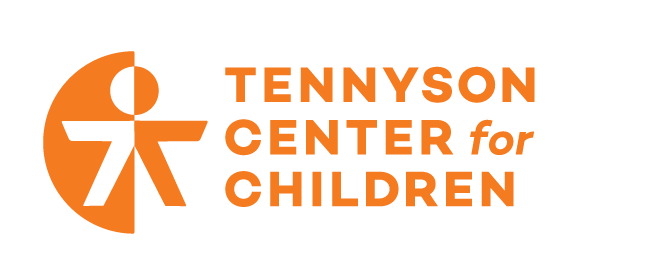Protective Factors for Abuse and Neglect
Tennyson programs strengthen families by replacing risk factors with protective factors. According to the Centers for Disease Control and Prevention, the following factors decrease the likelihood of child abuse or neglect in a household. Although we never underestimate the challenges, we believe that positive experiences can have a transformative impact on children and adults.
Prevention in Practice
- Families Together expands support systems and provides concrete needs by pairing families who feel isolated with volunteer “neighbors.” Neighbors provide meals, assemble care packages, celebrate the good times, and offer solidarity during the tough times.
- Tennyson’s child and family therapists help kids and their caregivers address mental health issues and past traumas. This can take the form of individual, group, or family therapy.
- Child First provides special, in-home support for families with young children (prenatal to five-years-old). Specifically, clinicians help the most challenged families build strong, loving attachments to protect developing brains from trauma and stress.
- Care coordinators connect families to community-based services to tackle specific risks like substance misuse.
- BRANCH provides specialized support for children with intellectual and developmental disabilities (such as autism spectrum disorder) and additional mental health needs.
- Experienced clinicians coach parents to understand the underlying needs driving a child’s behavioral issues.
- Connect Parent provides evidence-based parenting tools for caregivers with teens and builds community through group sessions.
Family Stories
Maia’s family was overloaded with stressors. Her dad was raising three young kids by himself while earning his GED. The pressures he felt from poverty and depression frequently surfaced as aggression. Maia’s teachers noticed she was getting sick more often, her memory was limited, and some days she could not sit still. It turned out she was living in a constant state of fight-or-flight. She was being flooded with adrenaline and other hormones which could cause serious damage.
Thanks to your support, Maia’s entire family received therapy to heal and reset their relationships. They were also connected with another single father who stepped in with meals, rides, and much-needed bonding.
Penelope is a single mom to six kiddos. With so many children under one roof, the bickering can get overwhelming, but deep down her kids all really love and support one another. Right now, her biggest struggle is working so many hours and being away from home. Her older children often must handle the childcare and housework, and she feels like that is too much responsibility for a growing child.
Penelope is hoping a volunteer neighbor through Tennyson’s “Families Together” program can help free up some time in the evenings she she can spend quality time with her kids. As simple as it sounds, even having someone cook dinner would give her previous bonding time with her kids.
Make a Difference
We all have a role to play in preventing, identifying, and responding to child abuse and neglect.
Become a Donor

Programs at Tennyson directly strengthen kids and families, but we can’t do this important work without your financial support. Make a one-time or monthly donation to help provide access to experienced therapists, teachers, care coordinators, parenting tools, school and therapy supplies, and much more!
Volunteer

Become a volunteer “neighbor” for the Families Together program! After the last two years, we all know what it’s like to feel isolated. Neighbors deliver meals, groceries, or care packages and build a friendship with one family for six months. Tennyson will match you with a family looking for a broader support system.
Advocate

Your words have the power to save lives. Learn how to spot the signs of abuse and neglect, and call 844-CO-4-Kids if you are concerned for the well-being of a child or youth. Talk about Tennyson Center for Children with your friends, and sign up for our newsletter to stay informed about our work in the community.


